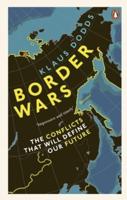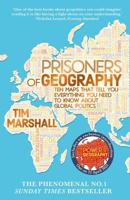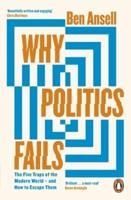Publisher's Synopsis
I n his first monograph for JSOU Press, Roby Barrett researched and wrote this paper on security perspectives on the Gulf region of the Middle East from the Arab perspective. In other words, how do the Arab's view security issues in their region. Are they similar to or divergent from the United States view? And most importantly, how will these views affect the long-term relationship between the United States and its regional partners.Unless the world's economy is weaned from heavy reliance on petrochemicals, a highly unlikely possibility in the short- to medium-term timeframe, the Gulf region will remain a critical source of energy resources for the world economy. Access to these supplies will remain a critical, perhaps vital, security concern for the world's industrial economies. In a best-case scenario, the regional countries will establish an effective security regime to defuse regional competitions and prevent interstate conflict, as well as minimize the effectiveness of nonstate actors who might threaten regional trade. Unfortunately, if the past 30 years is any indicator of the future, the scenario is unlikely to be achieved and instability and tension will remain in some areas of the region.This less-than-ideal perspective leads a security professional with even a passing interest in the region to ponder the regional countries' security strategy and capabilities, as well as the role of external security or military forces. How much external influence or presence is required or optimum? How will these forces interact with regional players? There is no single answer to these questions, and Roby Barrett's monograph is an attempt to framework the issues and perspectives. Although not specifically drafted as a paper for a SOF-only audience, any U.S. involvement within the region will have a SOF role or "flavor," especially if nonstate violent extremist or terror networks continue to operate within the region.









